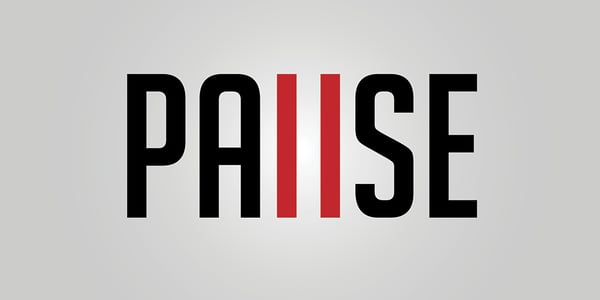
This week's review of ad fraud and quality in the digital advertising space.
Pixalate's 2019 App-ads.txt and Ads.txt Trends Report updates programmatic buyers and sellers on the latest trends around the IAB Tech Lab's initiatives. According to Pixalate's data, apps with app-ads.txt have 13% less IVT compared to apps without the file, as of Q4 2019.

"Ad spending is falling, leading advertisers to again seek to greater transparency into the ad-buying supply chain," reported Digiday.
"Nearly half (49%) of ad buys evaporate before reaching publishers, according to a report from trade body ISBA," the article added. "More than a third (34%) of this money is the disclosed fees agencies and ad tech vendors take for trading impressions, while 15% is swallowed up by what the report called an 'unknown delta' on the supply chain that could not be attributed."

The IAB UK "created a new role ... focused solely on helping ad tech 'build a more sustainable future,'" reported AdExchanger, quoting Tina Lakhani, who has filled the new position.
So what does that mean? Per Lakhani, "A lot of it comes down to education about things like measurement, hygiene and ad fraud."

"TV’s transformation is often measured by all the ways it has adapted elements of digital media buying," reads an AdExchanger op-ed. "But there are other elements of digital buying that may be worth leaving in the past, namely ad fraud, opaque measurement, brand safety and the ever-present ad tech tax."
"Converged TV and video is experiencing the first brushes with issues such as fraud and brand safety, supply-chain transparency and trust – pitfalls of programmatic media," the op-ed noted.

"According to data from Advertiser Perceptions—which fielded responses during two separate periods of the coronavirus outbreak—64% of US agencies and brand marketers surveyed in the first week of April said they’ve postponed a campaign for a later time," reported eMarketer. "That’s 15 percentage points higher compared with those surveyed in the first wave, during the third week of March."
*By entering your email address and clicking Subscribe, you are agreeing to our Terms of Use and Privacy Policy.
These Stories on Weekly Recaps
*By entering your email address and clicking Subscribe, you are agreeing to our Terms of Use and Privacy Policy.

Disclaimer: The content of this page reflects Pixalate’s opinions with respect to the factors that Pixalate believes can be useful to the digital media industry. Any proprietary data shared is grounded in Pixalate’s proprietary technology and analytics, which Pixalate is continuously evaluating and updating. Any references to outside sources should not be construed as endorsements. Pixalate’s opinions are just that - opinion, not facts or guarantees.
Per the MRC, “'Fraud' is not intended to represent fraud as defined in various laws, statutes and ordinances or as conventionally used in U.S. Court or other legal proceedings, but rather a custom definition strictly for advertising measurement purposes. Also per the MRC, “‘Invalid Traffic’ is defined generally as traffic that does not meet certain ad serving quality or completeness criteria, or otherwise does not represent legitimate ad traffic that should be included in measurement counts. Among the reasons why ad traffic may be deemed invalid is it is a result of non-human traffic (spiders, bots, etc.), or activity designed to produce fraudulent traffic.”

